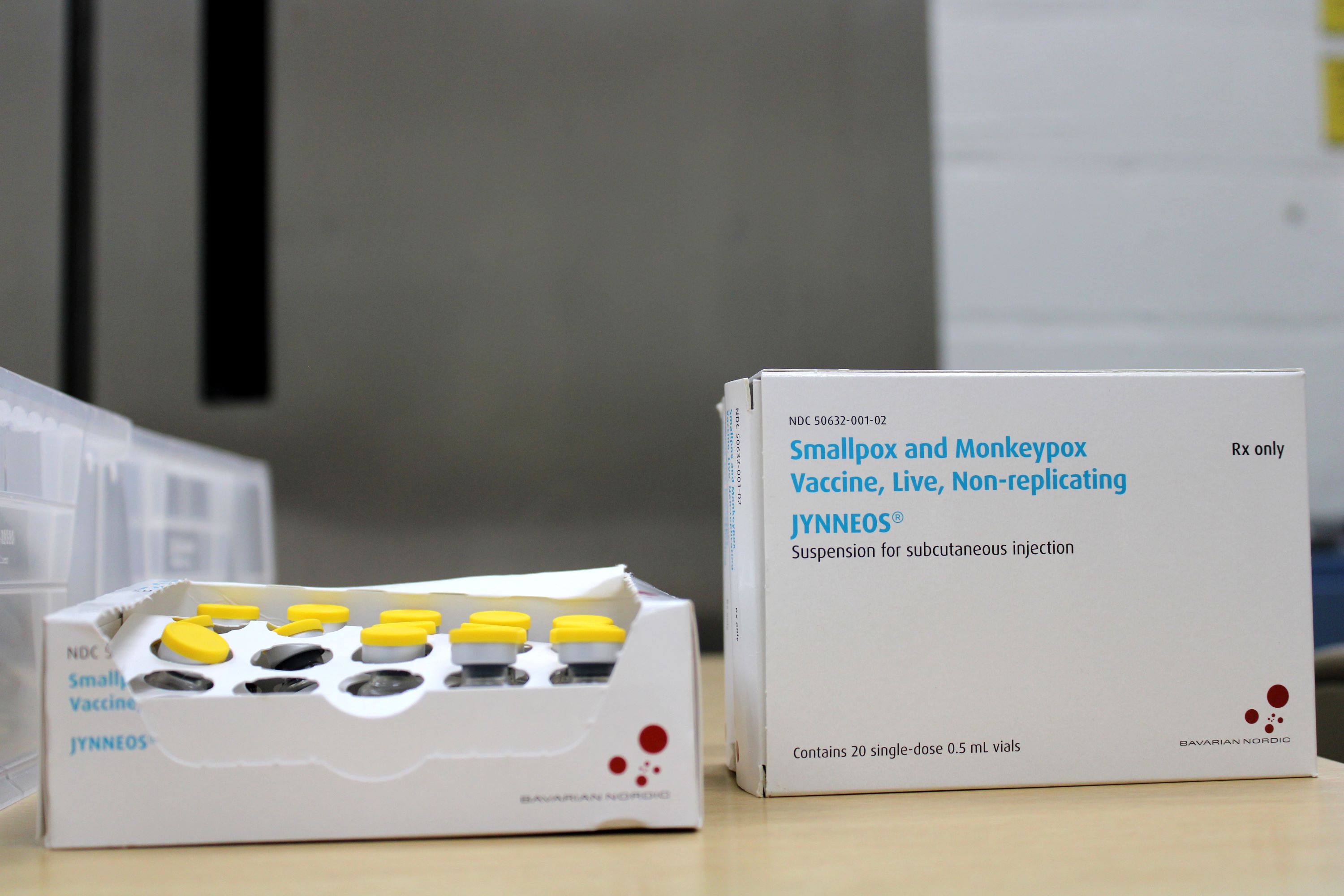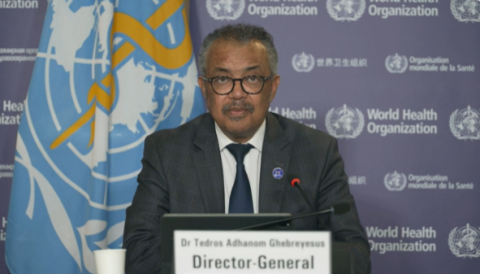The EU considers the risk of mpox spreading to the general population ‘low’ and does not rule out more imported cases
With the increase in cases of mpox, the European Union's Health Security Committee met on Monday. According to the Ministry of Health, the meeting concluded ‘with recommendations very similar to those previously issued by the WHO and the ECDC’. The risk of the likelihood of mpox spreading to the general EU population is currently considered to be ‘low’, although it increases in populations with close contact with diagnosed cases and in particularly vulnerable people. Further imported cases in the EU are not excluded and vaccination of the general population is not recommended. In addition, the HSC does not recommend border control.

Image of boxes of mpox vaccine. EFE/ Octavio Guzmán.
Jacob Lorenzo - mpox medidas UE EN
Jacob Lorenzo-Morales
Professor of Parasitology, Director of the University Institute of Tropical Diseases and Public Health of the Canary Islands of the University of La Laguna and CIBERINFEC researcher
In principle, the measures are adequate for our territory, we have a solid health system and sufficient diagnostic and prophylactic capacity. It is true that this is not the case in Africa, where there are neither adequate resources nor sufficient vaccines. Perhaps it would not be a bad thing for the EU to look beyond its borders and support the African continent.
We must be vigilant, hence the international alert, not only because of what is happening in Africa, but also because we are facing a clade I strain, which tends to behave in a more virulent way.
Mar Faraco - mpox UE EN
Mar Faraco
Former president and current secretary of the Association of Foreign Medical Doctors (AMSE) and head of the Servicio de Sanidad Exterior in Huelva
In my opinion, the position of Spain and Europe in terms of local control is very correct. It is a public health emergency of international importance in which the focus, in order to avoid risks for all, inside and outside Africa, must be placed from now on and fundamentally on control in the most affected African countries. Our efforts should focus on collaborating and improving access to control measures (surveillance, diagnosis, general prevention and vaccination) at the focus level, in Africa, without forgetting to maintain - and update - what already exists in our European environment.
Javier Membrillo - mpox UE EN
F. Javier Membrillo de Novales
Vice-president and spokesperson of the Spanish Society of Infectious Diseases and Clinical Microbiology (SEIMC) and coordinator of the SEIMC Mpox Working Group
The SEIMC Mpox Working Group has been following the evolution of the current outbreak of mpox clade Ib closely over the last few months. Our Board of Directors and our STI (GEITS) and HIV-AIDS (GESIDA) study groups regularly hold meetings with the Ministry of Health and other actors involved in the response to mpox.
We agree that the risk of transmission to the general population in our setting is low, given that transmission mainly occurs through close skin-to-skin contact. However, these data have been verified mainly in the clade circulating in Europe since 2002, clade 2b. We need to closely monitor the current situation in DR Congo and other African countries to understand the high number of non-sexual transmissions and their possible relation to mutations in the virus that could modify its droplet transmissibility.
However, we insist that the pandemic potential of this virus is very low and we do not believe that vaccination of the general population should be considered at this time.



